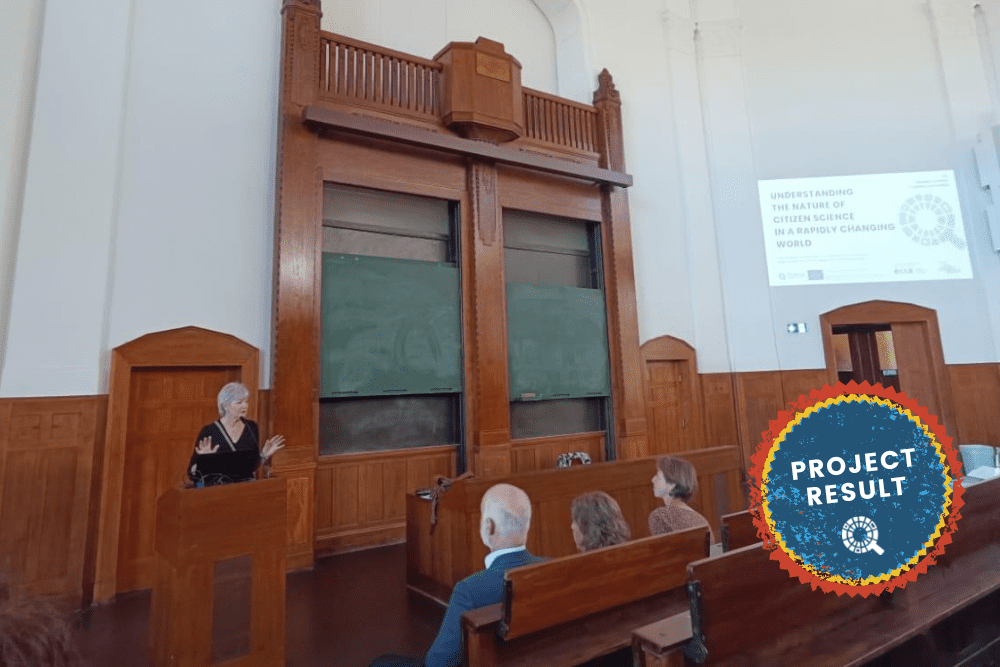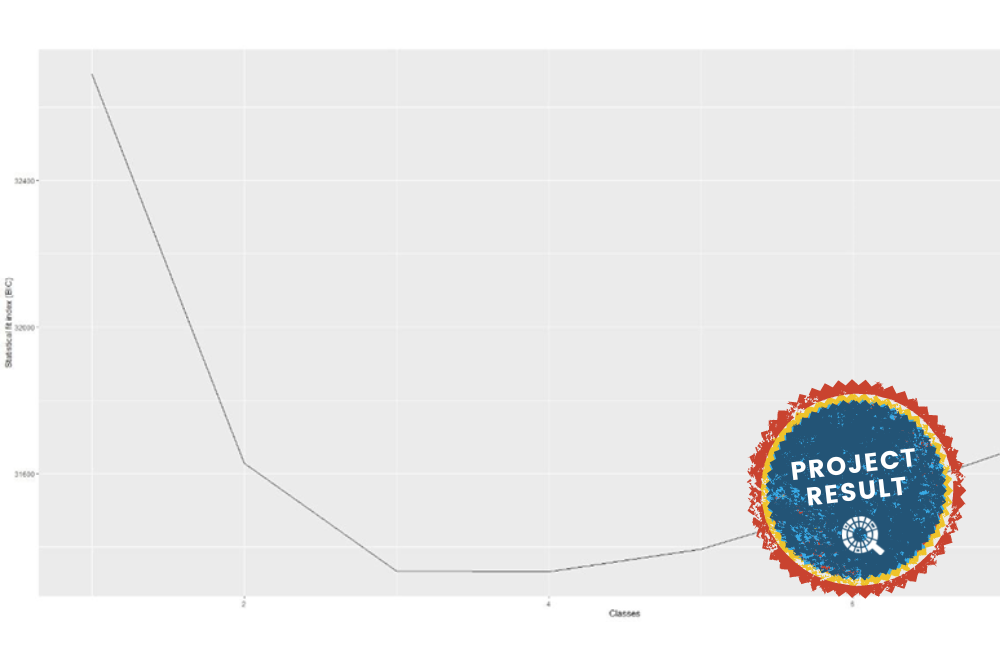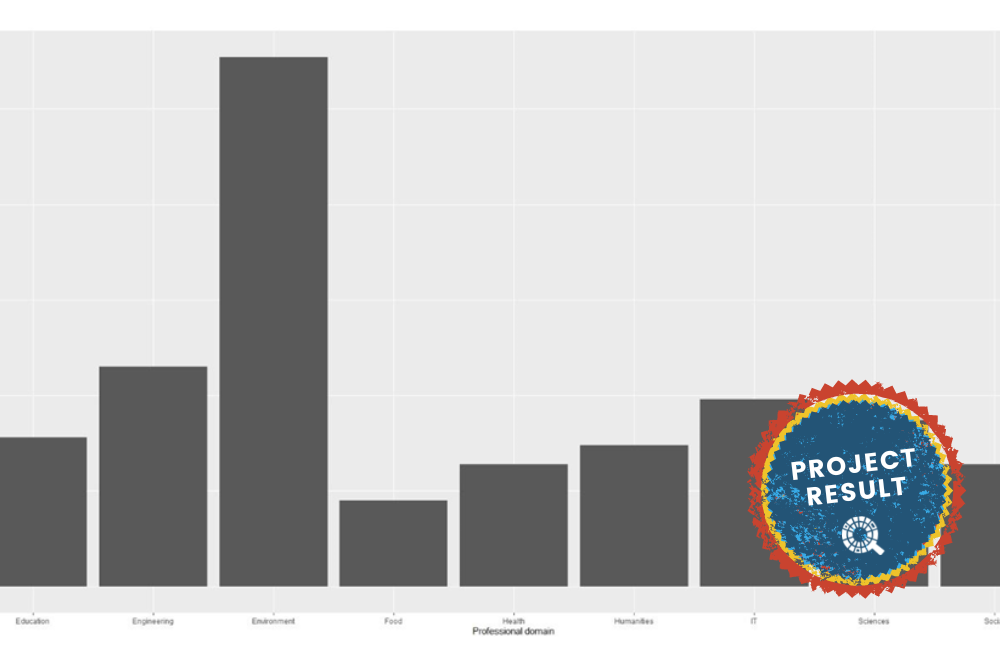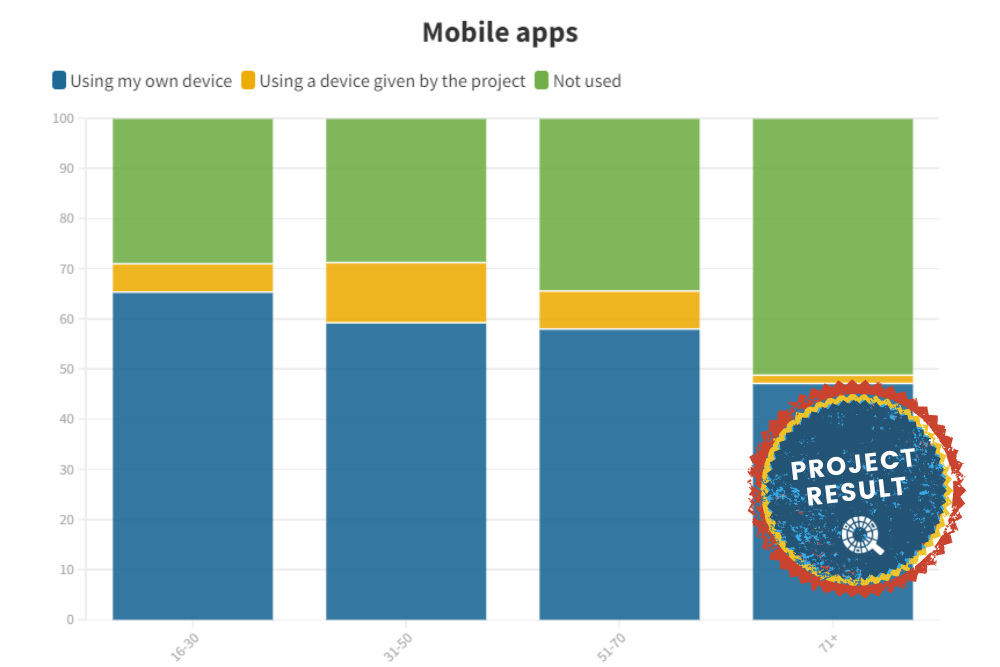The overarching theme of this year’s ECSA conference was ‘planetary health’, an illuminating but still underutilized term. The central idea behind the concept of planetary health is that human well-being is inextricably intertwined with the condition of the ecosystems our civilization is embedded in. It was coined to make a very important point – namely that, if we want to improve and protect our own health, we need to safeguard that of all the natural systems on planet Earth. The projects and studies presented during the ECSA conference reflected numerous ways in which this interdependence of human civilization and natural environment manifests in practice. Be it air and water pollution, population decline in pollinating insects, floods, drought and heatwaves, the spread of mosquitos that act as disease vectors, groundwater scarcity, or changes in coastal plankton that could potentially destabilize marine food chains – failing to address such environmental issues ultimately means endangering human health, lives and livelihoods.
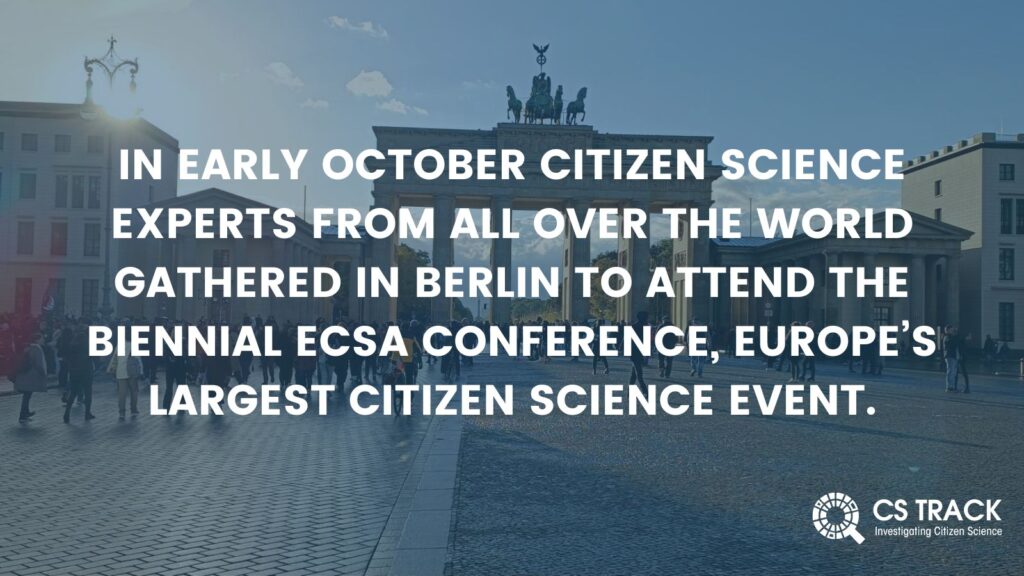
In her opening keynote, Brigitte Baptiste from Universidad Ean, Colombia, stressed that, if we want to tackle these concerns, we need new, transdisciplinary ways of thinking (as encapsulated in the concept of planetary health), new partnerships with non-academic actors, as well as high-resolution, real-time information that allows us to accelerate knowledge-production and policy-making cycles.
The two conference days that followed demonstrated that citizen science is already rising to the challenge and has the potential to play a lead role in achieving these goals. Firstly, CS projects often collect much more fine-grained data than official monitoring schemes. Examples for projects that work towards closing data gaps include the Open Urban Climate Observatory Berlin, Community-based Water Quality Monitoring (CWQM) in the Ñuble region of Central-Chile and at Lake Sevan in Armenia, the MINKA citizen observatory, or the CS app Mosquito Alert. The high-resolution data generated by such initiatives can help decision-makers increase the efficiency of conservation efforts, public health policies or climate change mitigation measures by tailoring them precisely to local conditions. Through providing (nearly) real-time access to monitoring data, citizen science can in many cases not only contribute to reducing the time lag between policy implementation and impact assessment, but also serve as a valuable asset for early warning systems – for instance in the city of Manizales (Colombia), which is highly susceptible to flooding.
Another key strength of citizen science is its ability to raise awareness and empower people to take action. Many projects presented at the ECSA 2022 translate their results into concrete recommendations for participants. AURORA, for instance, asks volunteers to track their CO2 emissions, but also offers them an opportunity to reduce their carbon footprint by becoming part of local energy communities that crowdfund solar panels for public buildings. COMPAIR and Estante dos Comuns encourage project participants to experiment with sustainable waste management strategies. In other cases, behavioural changes are an unintended but highly welcome by-product of the project participants’ involvement in research activities. The team of French CS project Opération Papillons, for example, have found that hobby horticulturist who monitor butterflies in their own gardens often start growing more insect-friendly plants or reducing their pesticide use. All these projects represent a bottom-up approach to planetary health, which harnesses the knowledge, creativity and passion of citizens and communities to trigger change ‘from below’.
What the ECSA 2022 also highlighted is that issues around planetary health must be investigated and grappled with at multiple scales, from the neighbourhood to the global level. Accordingly, although organized by the European Citizen Science Association, the conference showcased numerous CS initiatives situated in South America, Africa or South Asia – regions which are in many ways suffering the consequences of mistakes made in Europe and the US.
In spite of the thematic focus on planetary health, plenty of conference contributions addressed issues relevant to CS activities across all research areas and disciplines. Topics that were raised in several sessions and posters included the role of AI in data analysis and validation, motivational factors and strategies for supporting long-term engagement, as well as CS with children and teenagers.
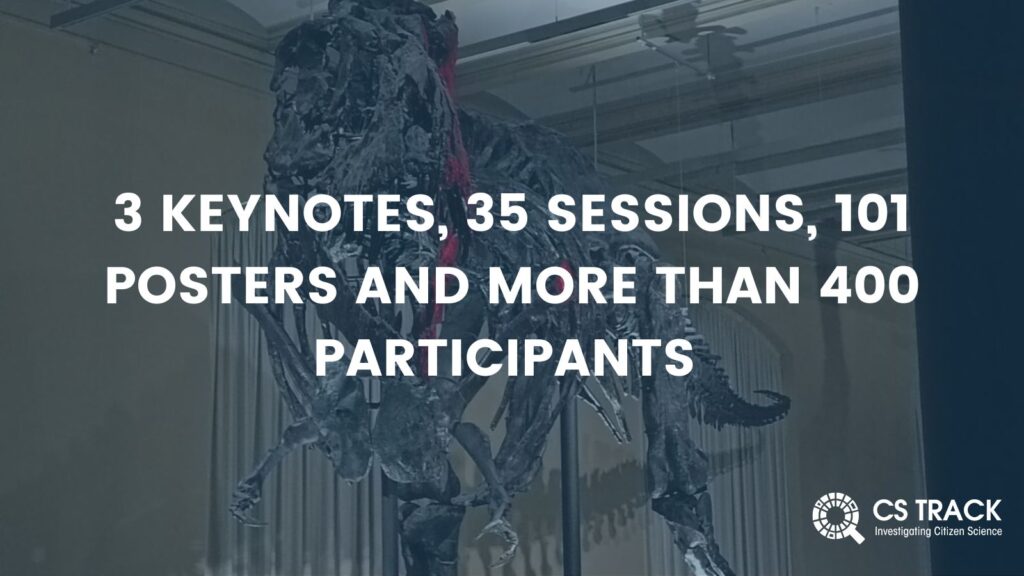
CS Track researchers presented various insights and research results – for instance regarding CS contributions to the SDGs, motivational factors and recruitment strategies, science communication in the field of citizen science, learning outcomes of citizen project participants and CS responses to the COVID-19 pandemic. In addition to contributing to the ECSA 2022 itself, the consortium took this unique opportunity to host a half-day satellite symposium of plenary talks, workshops and panel discussions dedicated to the project outputs of CS Track.
For those who were unable to attend or who missed a presentation they would have liked to hear: Recordings of all sessions held in the Audimax can be viewed on the ECSA YouTube channel. A detailed programme including all abstracts is available for download on the conference website.
